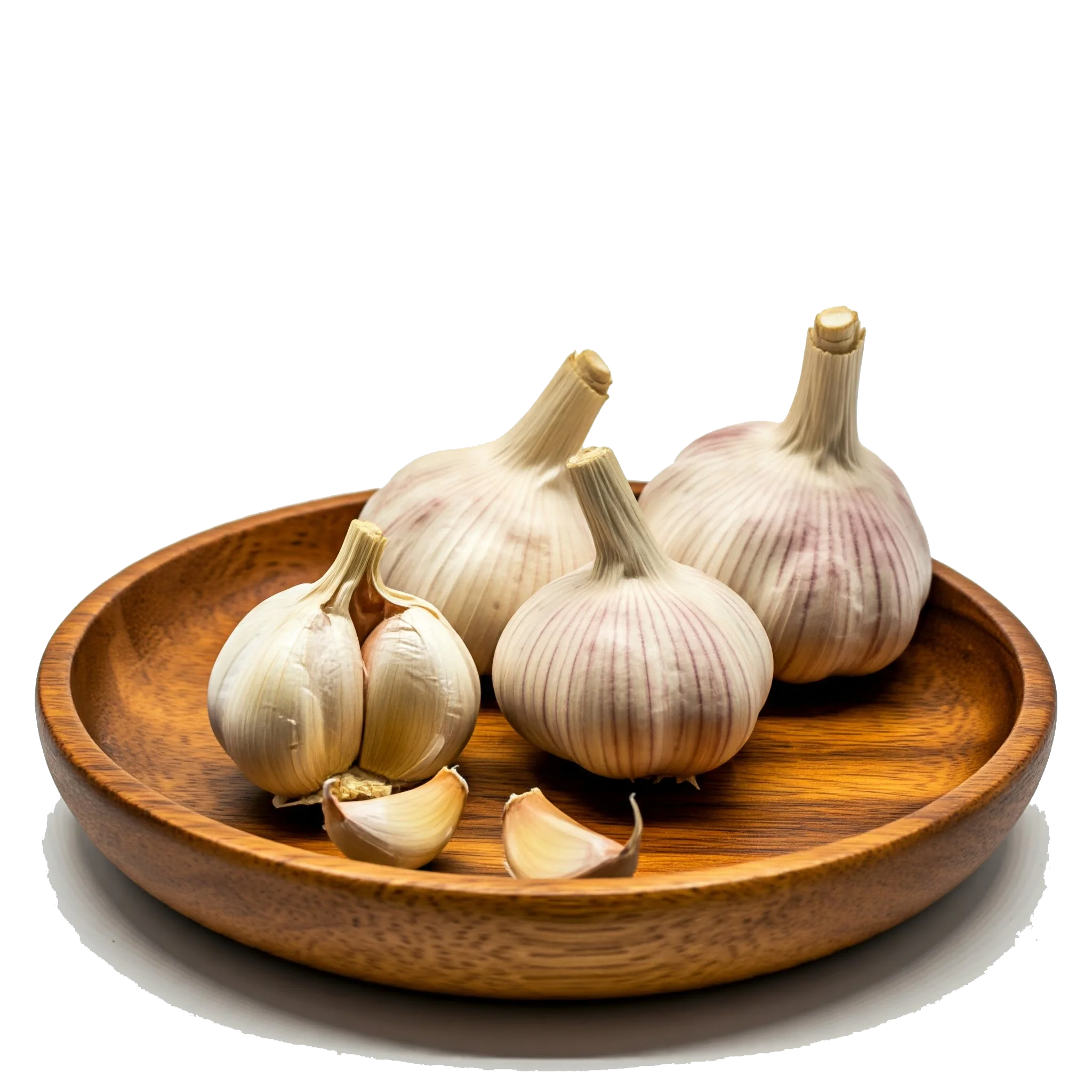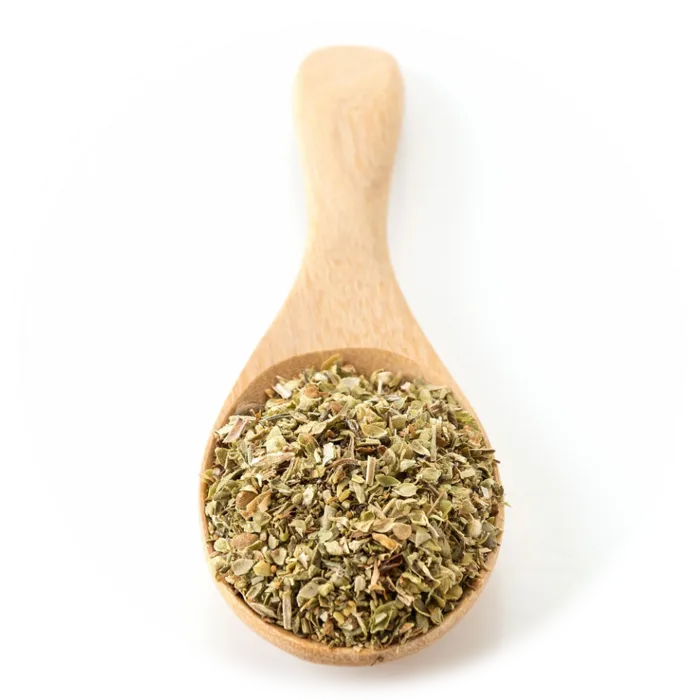

Top Health Benefits of Ultimate Special Pizza You Need to Know
This homemade special pizza is a delicious and satisfying meal packed with essential nutrients. The crust provides a good source of carbohydrates for energy, while the cheese and toppings contribute high-quality proteins and healthy fats, making it a balanced option for those looking to maintain muscle mass and stay energized. The addition of fresh vegetables such as bell peppers, tomatoes, and olives enhances the dish with essential vitamins, minerals, and antioxidants, which support overall health and immune function. The use of olive oil in the dough and sauce provides heart-healthy monounsaturated fats that can help reduce inflammation and support cardiovascular health. With a generous amount of cheese, this pizza is also rich in calcium, promoting strong bones and teeth. Additionally, using homemade dough and sauce ensures that the meal is free from artificial preservatives and excessive sodium, making it a healthier alternative to store-bought or fast-food pizzas.
 Wheat Flour : 2 Cup
Wheat Flour : 2 Cup Yeast : 1 Teaspoon
Yeast : 1 Teaspoon Water : 1/2 Cup
Water : 1/2 Cup Salt : as needed
Salt : as needed black pepper : to taste
black pepper : to taste Sugar : 1 Teaspoon
Sugar : 1 Teaspoon Olive Oil : 2 Tablespoon
Olive Oil : 2 Tablespoon Tomato : 3 Piece
Tomato : 3 Piece Tomato Paste : 1 Tablespoon
Tomato Paste : 1 Tablespoon Garlic : 1 clove
Garlic : 1 clove Oregano : 1 Teaspoon
Oregano : 1 Teaspoon Mozzarella : 200 g
Mozzarella : 200 g pepperoni : 100 g
pepperoni : 100 g Bell Pepper : 1 Piece
Bell Pepper : 1 Piece Olive : 10 Piece
Olive : 10 PieceRecipe :
For 4 people
Enjoy your delicious homemade pizza!
When preparing this pizza, several key factors must be considered to achieve the best results. First, ensuring that the dough is given enough time to rise properly is crucial for achieving a light and airy texture. Kneading the dough thoroughly and allowing it to rest in a warm environment will help develop gluten, leading to a better crust structure. The sauce should be cooked until it thickens to enhance its flavor and prevent a soggy base. It is also important to preheat the oven properly to ensure even baking, as a high temperature helps create a crispy crust while properly melting the cheese. Arranging the toppings evenly prevents any part of the pizza from becoming overly greasy or undercooked. Using high-quality ingredients, such as fresh mozzarella and extra virgin olive oil, can significantly improve the taste and nutritional value. Lastly, be cautious about overloading the pizza with toppings, as too many ingredients can make the crust too moist and prevent it from crisping up properly.

This pizza is a great option for individuals following a vegetarian diet, as it contains no meat and is packed with plant-based nutrients. It is also high in protein, thanks to the generous amount of cheese, which makes it a suitable choice for those looking to build or maintain muscle mass. However, it is not suitable for ketogenic, paleo, or low-carb diets, as the dough is rich in carbohydrates. Individuals following a gluten-free diet should be aware that traditional pizza dough contains wheat flour, making it unsuitable unless a gluten-free alternative is used. Similarly, it is not ideal for vegans, as it contains dairy-based cheese, though plant-based alternatives can be used. Those on a low-calorie diet should consume this pizza in moderation, as it can be calorie-dense, especially if extra cheese or high-fat toppings are added. For individuals following the DASH diet, which focuses on reducing sodium intake, it is recommended to use low-sodium cheese and avoid processed toppings like pepperoni or high-sodium sauces.
...